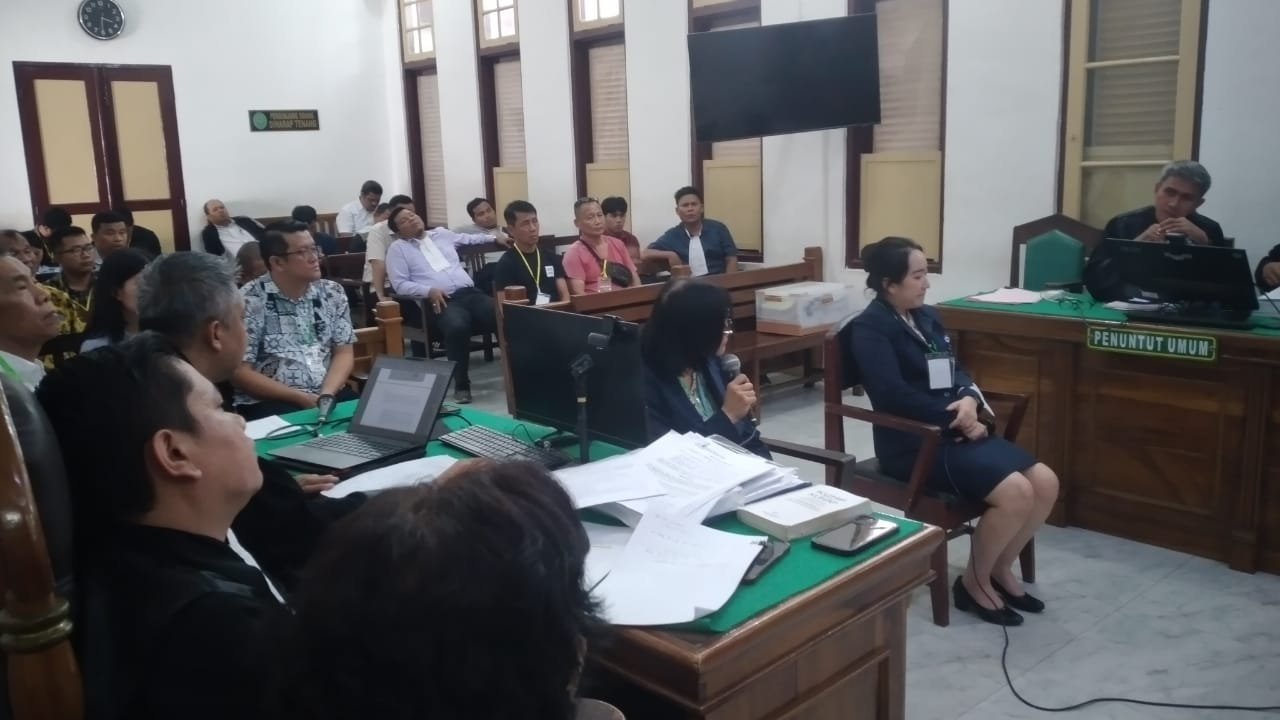
Mahkatop — The West Nile virus has infected 153 people and caused 11 deaths in Israel as of Wednesday (July 3). Many residents have been hospitalized, especially in central areas, as well as the Sharon and Kfar Saba regions. Several patients at Sheba Medical Center are in critical condition and dependent on ventilators.
About the West Nile Virus
The West Nile virus is a member of the Flavivirus family, which also includes the St. Louis Encephalitis and Powassan viruses. According to the U.S. Centers for Disease Control and Prevention (CDC), this virus is typically spread through the bite of mosquitoes that have infected birds. The mosquitoes can then transmit the virus to humans through bites.
Symptoms and Spread
Most people infected with the West Nile virus do not show symptoms. However, some experience mild flu-like symptoms such as fever, headache, body aches, vomiting, diarrhea, or rash. About 1% of infected individuals develop severe symptoms like meningitis, acute encephalitis, or acute flaccid paralysis. The incubation period for the virus is usually 7 to 14 days, but in severe cases, it can range from 3 to 21 days.
Dangers of the West Nile Virus
The West Nile virus can be dangerous, especially for individuals with severe symptoms. While most people recover on their own, the disease can be fatal in some cases. Currently, there is no vaccine available for humans; vaccines are only available for horses. There is no specific medication to treat this infection in humans. Treatment usually involves intravenous antibody infusions (IVIG) and interferon medications to boost the immune system. Patients with severe symptoms may require ventilators.
Preventive Measures
The primary way to prevent infection is to avoid mosquito bites. Preventive steps include:
1. Using insect repellent.
2. Installing screens on windows.
3. Wearing protective clothing to cover the skin from mosquito bites.
4. Covering water containers that can become breeding grounds for mosquitoes.
The West Nile virus is a serious health threat that requires effective preventive measures to protect oneself from mosquito bites. (*)






